
COURSES
Spring 2024 Course Descriptions: 100-400 Level
SUBJECT TO CHANGE WITHOUT NOTICE! Always check the University online schedule for the latest changes.
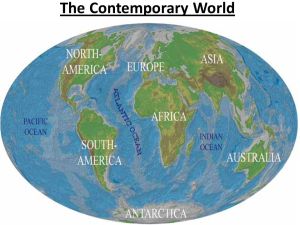
HIS 101-01: The Contemporary World
10094 MWF 10:00-10:50
Jeff Jones
This course examines the world by region—Europe, Asia, the Middle East, Africa, and Latin America—with a number of themes in mind: the Cold War; the rise and fall of communism; nationalism; violent vs. non-violent resistance to oppression; the rise of terrorism; gender relations; colonialism/de-colonization; racial/ethnic/religious diversity and conflict; and the international economy.
Field: Wider World. Markers: GHP; GMO; GN; MFND
10094 MWF 10:00-10:50
10095 MWF 10:00-10:50 HONORS SECTION
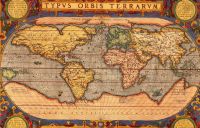
HIS 206-81 - "The Atlantic World"
10556 ONLINE asynchronous Winter session Dec. 12, 2023 - Jan. 19, 2024 only Emilee Robbins
In this course we will explore the historical concept of the "Atlantic World" and the many cultures that come into contact from 1492 through the Age of Revolutions. We will identify key people and events in this historical narrative as well as lesser known stories and cultures that contributed to the Atlantic World. Throughout the course we will see how indigenous groups, Africans, women, and Europeans were not only impacted by the formation of the Atlantic World, but also how these groups actively contributed to the development of the social, political, and economic spheres of the Atlantic World. A major theme of this course looks at human agency through Primary Sources as we observe and analyze various perspectives of this historical period. Field: Europe. Markers: GHP; GL; GPM; MHFA
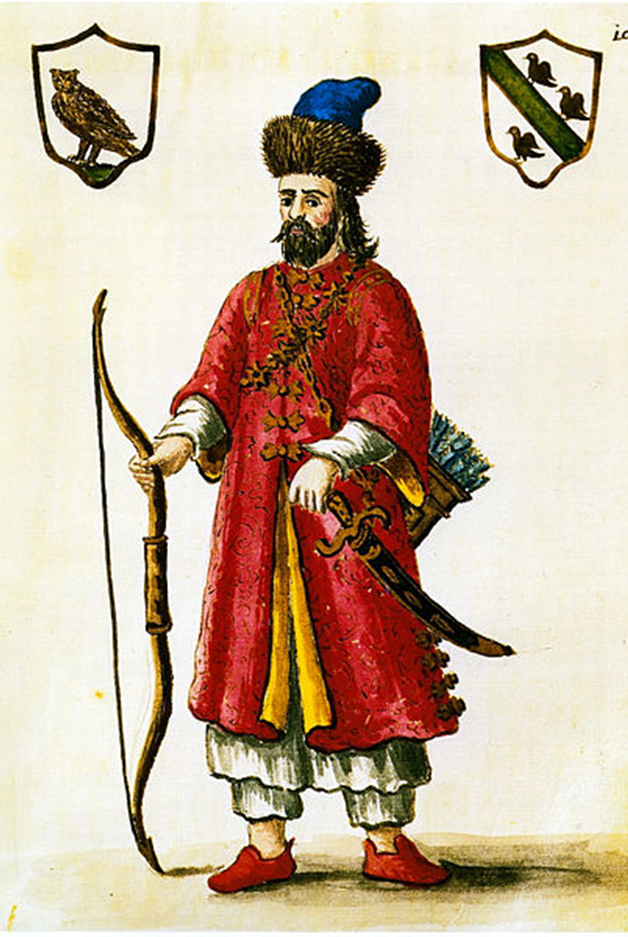
HIS 207-01: "Silk and Spices: History of the Silk Road in China"
10096 TR 9:30-10:45
James Anderson
Following the prosperous Silk Road of the Northwest and the thriving spice trade of the South China Sea regions, Imperial Chinese courts remained engaged in international exchanges of goods and ideas since ancient times. This course will examine the intersection of trade and tribute in patterns of foreign relations China conducted with its neighbors through the arrival of European powers in the 16th century. Material trade, and the socio-cultural exchanges accompanying it, will serve as the central theme in this course. While remaining "China-focused," we will also explore the ways in which the various peoples have existed in the region for over two thousand years, fighting during much of this time for both political autonomy and cultural self-identity. Some of the secondary topics we will explore include the fluid, border-less nature of the frontier between South China and northern Southeast Asia, a study of Late Imperial China's "Southern Silk Road," China's tribute relations with various southern maritime kingdoms, and a broad study of pre-modern Chinese frontier management throughout the empire. Through a critical reading of recent scholarship on related topics, we will determine for ourselves the impact that global trade patterns had on the historical development of this very important region of the world.
Field: Wider World. Markers: GHP; GN; GPM; IGS; MGIL
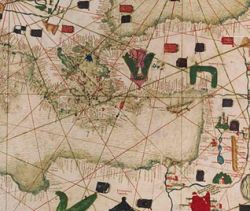
HIS 207-02: "Empires of the Desert: The Rise of Islamic Civilization"
10097 ONLINE asynchronous
Asa Eger
In the middle of the seventh century, Arab tribes coalesced and emerged from the Arabian Peninsula, conquering an enormous expanse of territory that reached from the shores of the Atlantic Ocean to the deserts of India in less than one hundred years. In the following centuries, Islamic civilization took shape, a dynamic process framed by Islamic ideals yet influenced by the many cultures this civilization embraced. The products of this civilization included magnificent monuments, extensive works of literature and science, far-flung trade routes that connected to east Asia, and new agricultural and technological innovations. This course will familiarize students with the history of the rise and spread of Islamic civilization as a complex and interdependent process that occurred throughout the Near East, North Africa, Spain, and Central Asia. We contextualize this process in the world before Islam and the rise of the Prophet Muhammad at the start of the seventh century and continue until the time of the Crusaders at the end of twelfth century. Our approach will be interdisciplinary. We will look at the history, art and architecture, archaeology, environment, literature, and religion of Islamic civilization.
Field: Wider World. Markers: GHP; GN; GPM; IGS; MGIL
HIS 207-03: "The British Empire in the Atlantic World"
10098 ONLINE asynchronous
Ashley Gilbert
This course traces the creation of the British Empire in the broader Atlantic World. From 1500 onward, movements of peoples, goods and ideas throughout the Atlantic basin created networks of exchange which bounded together expanding communities of trade and settlement, creating an Atlantic World. Within this world, an empire and a British Atlantic took shape. This class will discuss topics from the first forays in the Atlantic and on the coast of Africa in the fifteenth century to the first wars for colonial independence in the eighteenth century. This course will cover topics such as the destruction and reconfiguration of indigenous societies, the crucial labor migrations of Europeans, Native Americans, and Africans, and the various strategies of accommodation, resistance, and rebellion found throughout the British Atlantic.
Field: Wider World. Markers: GHP; GN; GPM; IGS; MGIL
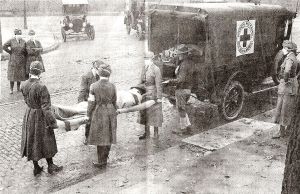
HIS 208-01 - "Social History of Medicine and Disease"
10099 TR 9:30-10:45
Caitlin Saraphis
Getting sick is a universal human experience. Regardless of time, place, or culture, we all know what it's like to be ill. But the meaning we ascribe to those illnesses and the ways we attempt to heal ourselves have varied greatly over time. In this class, we will investigate how ideas about medicine and disease have been constructed over time, how those ideas have been used to enforce or undercut social norms, and what impact that has had on our modern understandings of science, medicine, and wellness.
Field: Europe. Markers: .GHP; GL; GMO; IGS; MHFA
HIS 208-02 - "Wars and Empires, 1492-1918"
10100 TR 12:30-1:45
Robert Skelton
Why do nations build empires and how do they use war to pursue their imperial ambitions? Is it greed, the pursuit of expanded trade, a fear of being overtaken themselves, or a lust for political power that drives leaders to declare war, kill their opposition, enslave the captured, and exploit their resources? Columbus’ first voyage provoked a surge of imperial ambitions among Europeans leaders, and rulers in India, China, and Africa also started expanding in the early sixteenth century. This course examines warfare connected to the growth, preservation, and decline of empires throughout the world from 1492 through the end of World War I. It will explore how political, economic, social, and technological factors motivated imperial leaders of empires to use military means to achieve their goals. It will also investigate how people exploited by imperial ambitions resisted the military might of empires and frequently broke the bonds of imperialism.
Field: Europe. Markers: .GHP; GL; GMO; IGS; MHFA
HIS 209-01 - "Women in Modern World History"
10101 ONLINE asynchronous
Katharine Duckworth
In this course, we will explore some of the major themes in the study of women and world history since 1750, focusing primarily on Africa, Latin America, Europe, and the United States. We will consider how women's experiences have changed over time and differed according to location. The course will examine four topics in-depth a) the Atlantic slave system b) the rise of industrial capitalism c) women and imperialism and d) women's political activism. Students will learn how to analyze a variety of primary sources and evaluate historical debates. Students will analyze how researching women and gender changes our understanding of major topics in world history and sheds light on contemporary politics.
Field: Wider World. Markers: GHP; GMO; GN; IGS; MGIL
HIS 210: Human Rights in Modern World History
10102 ONLINE asynchronous
Felton Foushee
This course provides a conceptual and historical introduction to the idea of human rights, surveying major developments in the advocacy of human rights around the globe from 1760 to the present. Focusing on a selection of important events, historical figures, and international issues of global significance, this course explores human rights in international law, transnational movements, and global causes. By understanding how claims of "humanity" arise from grassroots struggles, this course will widen the historical inquiry on this topic from a World, rather than Eurocentric, perspective. The concept of "human rights" has not remained static over time; it has been a contested idea and the subject of debate and disagreement among its advocates as well as its detractors. Placing the debates around, and the uses of, "human rights" in historical context will be the main endeavor of this course.
Field: Wider World. Markers: GHP; GMO; GN; IGS; MGIL
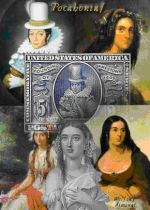
HIS 211: United States History to 1865
General survey of American history from colonization through the Civil War. All sections are Writing Intensive.
Field: United States. Markers: GHP; GMO; MDEQ; CW; WI
10104 211-02 MWF 11:00-11:50 Mandy Cooper
10552 211-81 ONLINE asynchronous Winter session Dec. 12, 2023 - Jan. 19, 2024 only Christine Flood
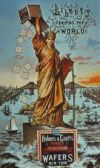
HIS 212: United States History since 1865
General survey of American history from Reconstruction to the present. All sections are Writing Intensive. Field: United States. Markers: GHP; GMO; MDEQ CW; WI
10105 212-01 ONLINE asynchronous FEB 29 - APR 29, 2024 Thomas Jackson
10106 212-02 ONLINE asynchronous Jeanna DeVita
10107 212-03 ONLINE asynchronous Abigail Shimer
HIS 213-01: "Does Technology Drive History?"
10108 TR 11:00-12:15
Lisa Tolbert
It’s obvious, isn’t it? Astronauts are technologically superior to cave men! Airplanes are superior to the horse and buggy. The computer is superior to the typewriter. At first glance human history looks like a record of steady progress from the Stone Age to the internet. But let’s take another look at that. How should we understand the role of technology in American history? At a time when we worry about advances in AI, are we driving the machines or are they driving us? If, as Karl Marx asserted, “the hand-mill gives you society with the feudal lord; the steam-mill, society with the industrial capitalist," what kind of society will ChatGPT produce? Focusing on the role of technology in the history of the United States, this course will examine the question, “Does technology drive history?” We will explore the roles of men and women who invented and used machines that changed everyday life, focusing on invention as a social process.
Field: United States. Markers: GHP; GMO; MDEQ
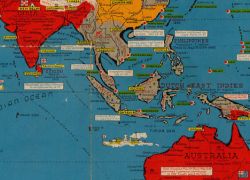
HIS 217: The World of the Twentieth Century (1900-1945)
10109 ONLINE asynchronous
Susan Thomas
This class will present a global view of events between 1900 and 1945, roughly the first half of the twentieth century. Aside from analyzing WWI and WWII, arguably the most well-known historical events of this period, we will also examine the development and impact of empire, industrialization, and globalization. Our readings will consider not only the events themselves or the specific leaders whom we credit with change, but the ways in which ordinary people sometimes resisted and occasionally influenced outcomes. This history is important because the legacy of the ideas and events of this period have directly shaped ongoing struggles both within and among nations today.
Field: Wider World. Markers: GHP; GMO; GN; IGS; MGIL
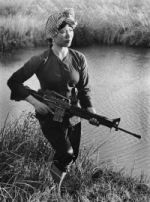
HIS 218: The World since 1945
10110 ONLINE asynchronous
David Wight
This class will examine global issues in the contemporary world, focusing mainly on the post-World War II period, from the dropping of atomic bombs on Japan in August 1945, to the complex, high-tech, evolving world of today. We will examine some of the important political, economic, social, and cultural changes of the second half of the twentieth century and how these changes have shaped the world we live in today.
Field: Wider World. Markers: GHP; GMO; GN; IGS; MGIL
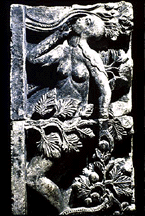
HIS 221: Medieval Legacy
10111 MWF 10:00-10:50
Richard Barton
Survey of Western European history from the end of the Roman Empire to the fifteenth century exploring such varied aspects of the medieval experience as pilgrimage, crusade, peasant life, the emergence of national states, and the rise of the university.
Field: Europe. Markers: GHP; GL; GPM; MHFA
HIS 222 - Europe 1400-1789
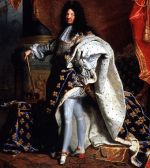
10112 TR 3:30-4:45
Emilee Robbins
In this course, we will explore the world of Europe from the Renaissance to the Eve of the French Revolution. The course will delve into the religious, political, and social trends in Europe and examine how these aspects were expressed through documents, art, architecture, and other primary sources.
Field: Europe. Markers: GHP; GL; GPM; MHFA
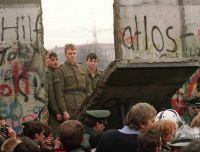
HIS 223 - European Revolutions, 1789-1989
10113 ONLINE asynchronous
Teresa Walch
A survey of the political, social and cultural history of Europe from the time of the French Revolution to the fall of the Berlin wall. Emphasis will be placed on the political culture and the emergence of the great ideological systems of the West (e.g., liberalism, conservatism, socialism, communism, nationalism, and fascism) as well as how the borders and boundaries of Europe have changed over the last two hundred years with respect to class, race, gender and the nation state.
Field: Europe. Markers: GHP; GL; GMO; MHFA
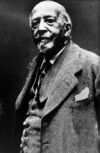
HIS 302: Race and Segregation
10114 TR 11:00-12:15
Watson Jennison
Race and segregation in the United States since the Civil War, including the origins of the Jim Crow laws, the civil rights movement, black urbanization, the Harlem Renaissance, black nationalism, and the African American experience in America.
Field: United States. Markers: ADS; GMO
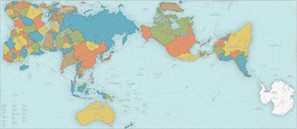
HIS 308 - Navigating World History
10115 TR 9:30-10:45
David Kay
Pr. Social Studies Licensure candidates or permission of instructor
This course will prepare Social Studies Licensure majors to teach world history at the middle school and high school levels. The course will both introduce students to a diverse array of methods and will serve as an example of how to approach word history teaching. The course introduces students to pedagogical and historiographical debates in the world history field. It will likewise showcase some of the advantage of using transnational methods to explore connections and major historical trends in world history, from antiquity to the twentieth century.
Field: Wider World.

HIS 317: Introduction to Public History
10116 ONLINE asynchronous
Anne Parsons
Explores the place of the past in contemporary life and introduces the field of public history: the effort to make history for and with audiences beyond the university. This course fulfills requirements for the BA concentration in Public History. Field: United States.
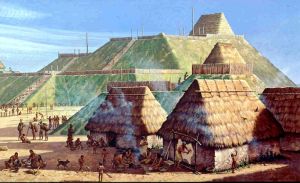
HIS 323 - American Indians and Nature
10117 ONLINE asynchronous
Greg O'Brien
This course explores the variety of ways that American Indian peoples have interacted with the natural world and how they have thought about that relationship from before European arrival in the Americas to today. We will explore American Indian philosophy and religion as it pertains to nature, while also examining how such beliefs were/are put into practice. As recent events such as actions to protect water resources against petroleum and natural gas pipelines, mining, and desecration of sacred lands, and a rapidly-growing food sovereignty movement demonstrate, Native peoples maintain a unique place in American history stemming from their thousands of years of occupancy and interaction with this land. In recent times, government and private interests have placed tremendous pressure on Native people to exploit their natural resources, sometimes with devastating impacts. We will investigate these topics through reading books and articles, watching films and video clips, and writing analysis papers.
Field: Wider World. Markers: .ENV.GHP.GN
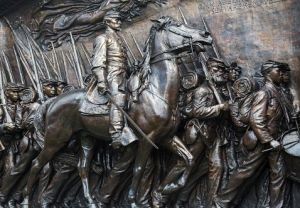
HIS 338 - Civil War, Reconstruction, and Reunion, 1848-1896
10124 ONLINE asynchronous
Andrew Turner
This course examines the origins of sectional strife, the course of the Civil War, and the processes of reconstruction and reunion that continued into the twentieth century. Major themes include the cultural, social, economic, and political features that divided a nation, the experiences of war on the home front and battlefield, and the enduring influences of Civil War memory.
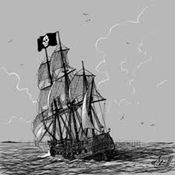
HIS 341 - Pirates of the Caribbean: The Real Story
10125 ONLINE asynchronous
Linda Rupert
Few historical actors have been so thoroughly romanticized—or so completely decontextualized—as Caribbean pirates. From the daring exploits of corsairs and privateers in the 1500s, to the independent buccaneer communities of the 1600s, to the gruesome trials and hangings of rogues and outlaws in the early 1700s, piracy was intricately woven into the history of the region. We will discuss the fascinating, complex, and changing roles of these different groups in shaping the emerging colonial economies, societies, and cultures of the Caribbean over several centuries. We will also explore how popular portrayals and interpretations of piracy have changed over time.
This course fulfills requirements for the BA concentration in Public History.
Field: Wider World. Markers: ADS; IGS
HIS 346: "Empire and Memory"
10127 TR 11:00-12:15
Jill Bender
For more than 200 years, the British Empire was the most powerful empire in the world. At its height, the British Empire ruled a quarter of the world’s population, controlled a fifth of its dry land, and dominated its oceans. How was this imperial power experienced in the colonies? How was it understood at home in Britain? How has this imperial experience been remembered globally? What are the tensions between imperial and “national” identities? In this course, students will examine several events, or case studies, from the history of the modern British Empire to explore the relationship between history, memory, and empire. We will pay particular attention to public and collective memories of the imperial experience as captured in museum exhibitions, art, statuary, archival collections, and commemorative events. This course fulfills requirements for the BA concentration in Public History.

HIS 347: History of North Carolina
10129 ONLINE asynchronous Christine Flood
This survey course spans more than 400 years of state history - from colonization to the present. It is American history with the spotlight on North Carolina. Objectives of the course include an examination of:
- when, how, and why North Carolina developed as it did.
- How its actions and reactions were similar or different from the other states.
- How the development of its economic, social, and political structure determines present-day North Carolina with special emphasis on such topics as: a) the economy b) politics c) race relations.
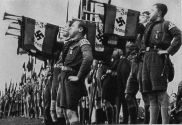
HIS 349: The World at War, 1939-1945
10132 ONLINE asynchronous
Joseph Ross
Emphasis on the political systems responsible for the Second World War; military establishments that fought it, the populations that suffered it, and sociopolitical and cultural changes it brought about.
Field: Europe. Marker: GL

HIS 369: History of Spain
10135 ONLINE asynchronous
John Baier
Exploration of major themes in Spanish history, including the concept of crusade, the experience of empire, and struggle for religious, ethnic, and political unity. Focuses on Spain during its "Golden Age" (1500–1700).
Field: Europe.

HIS 378: Russia Since 1900
10138 MW 3:30-4:45
Jeff Jones
This introductory course examines Russian and Soviet history in the 20th century in two parts. Part I: "From Traditional Russia to the Civil War," looks at traditional Russian society and culture; developments in the late 19th century; and the upheavals in Russian society from the late tsarist period through World War I, the revolutions of 1917, and the civil war. Part II: "From the Rise of Joseph Stalin to post-Soviet Russia," emphasizes the impact of the Stalin Revolution, the purges, and WWII; the reformist course of de-Stalinization pursued by Nikita Khrushchev; neo-Stalinism under Leonid Brezhnev; the Soviet-Afghan War and Mikhail Gorbachev’s dramatic reforms in the 1980s; and the collapse of the USSR and post-Soviet Russia with an emphasis on the conflict in Chechnya. The course explores several themes: Russia’s relationship with the West; revolution and the role of the individual in history; the role of gender and class in Russian and Soviet society; and the role of ideology and socialism in theory and practice.
Field: Wider World.
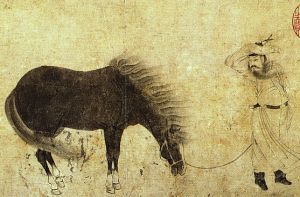
HIS 383: Chinese History to 1800
10140 TR 3:30-4:45
James Anderson
The Western world's interest in China has long followed two paths, one material and one spiritual. While Western traders and government leaders debated various routes to the elusive "China Market," artists and philosophers deliberated tenets of Confucianism, Daoism (Taoism) and Buddhism, the schools of thought that flourished in traditional Chinese society. The end result was a representation of China still popular in the West, as full of Western dreams and ambitions as it is of Chinese realities. The current debates regarding Chinese trading privileges and human rights abuses are clearly shaped by this Western profile of China. Our course will hold up this picture to scrutiny, while introducing and illuminating both the remarkable and the commonplace from China's past.
Field: Wider World.
HIS 391: Historical Skills and Methods
Writing and Research Intensive. Prerequisites: History major or minor and completion of all 200-level requirements for the major.
This is a required course for all history majors (except social studies concentration candidates who complete HIS 430 for research methods). It serves as a prerequisite for the capstone course in the major. Students in the course address a variety of research problems in history using different sources and methods in preparation for HIS 411. Formal goals include: analyzing varieties of primary and secondary source materials; designing a project focus; finding and evaluating appropriate sources; learning citation methods; understanding how historiography can guide us to significant questions and methods.
Marker: CW; WI
10142 391-01 TR 12:30-1:45 ONLINE synchronous (seats reserved for BA online students)
David Wight
10144 391-02 MW 2:00-3:15
Mandy Cooper
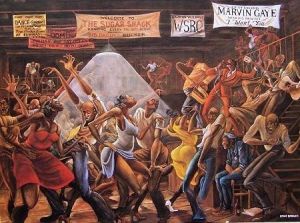
HIS 403: "From Blaxploitation to the Birth of the B-Boy: Black Popular Culture in the 1970s"
10964 TR 2:00-3:15
Watson Jennison
The 1970s witnessed an explosion of black popular culture unseen since the Harlem Renaissance of a half century before. A product of the economic, political, and social transformations that shaped black life in this critical decade, black art, both high and low, represented the voice of a people articulating their distinctive vision of American identity. This course will examine the history of black popular culture as well as the context and controversies connected to its creation. In addition to the rise of black artists in music, television, and film, this course will explore other topics such as Afrofuturism, black theater and literature, and the birth of hip hop.
Cross-listed with HIS 502.
Field: United States. Marker: .ADS
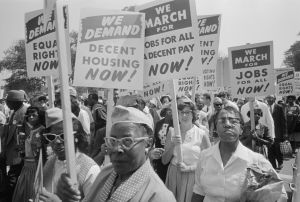
HIS 411A: Seminar in Historical Research and Writing: "Unraveling America: 1962-1972"
11000 MW 3:30-4:45
Thomas Jackson
As we seek to unravel complicated threads of cause and effect, of change and continuity in a pivotal decade, this class will help you refine skills of research, comparative source analysis, discussion, writing, and oral presentation. In the 1960s, wide swaths of Americans used the word "revolution" to advocate or resist a dizzying array of social, political, and cultural changes. Some historians title their survey books "the unraveling," or "the shattering," as they seek to explain the undoing of an "American consensus." The decade was without question polarizing. But my perspective is that that consensus was already frayed and fragile, and for good reason, since the American dream locked so many people out of the affluent middle-class cornucopia; further, as Vietnam demonstrated, the Cold War was unsustainable, waged on quicksand. Contentious and polarizing, idealistic and outrageous, this decade’s struggles for justice accomplished much and left much undone. The following subjects of inquiry fall within the scope of this class: the Black freedom struggle and related movements for liberation encompassing feminism and gay liberation; Cold War confrontations from the Cuban missile crisis to Vietnam; antiwar movements, including the soldiers’ antiwar movement; presidential and congressional action in civil rights and a new national "war on poverty"; urban racial and class revolts during the "long hot summers" 1964-1968; and of course, the populist conservative revolts against everything that “the Sixties” came to mean.
Writing and Speaking Intensive. Prerequisites: For social studies licensure students: HIS 430 and permission of instructor. For all other history majors: HIS 391 and permission of instructor.
Field: United States. Markers: CW; WI; SI
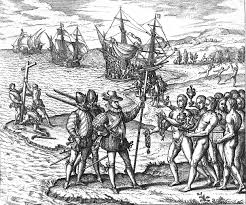
HIS 411C: Seminar in Historical Research and Writing: "In the Wake of Columbus"
11002 ONLINE asynchronous (seats reserved for BA online students)
Linda Rupert
Columbus’s arrival in the Caribbean in 1492 was one of the most consequential blunders in human history—and it has been interpreted in many different ways over the past 500 years. We will read a range of primary sources that document the impact of Europeans’ conquest, settlement, and transformation of the region, and also examine popular memory and depictions of key events and processes and how these have changed over time. Each student will delve into a selection of primary sources related to a specific theme in early Caribbean history and write an original research paper based on a careful reading and critical analysis of these sources, with reference to either how historians have interpreted the material, or how it has been portrayed in popular culture.
Writing and Speaking Intensive. Prerequisites: For social studies licensure students: HIS 430 and permission of instructor. For all other history majors: HIS 391 and permission of instructor.
Field: Wider World. Markers: CW; WI; SI
HIS 430: Historical Methods for Social Studies Teachers
11003 TR 2:00-3:15
Lisa Tolbert
Writing Intensive. Prerequisites: Middle Grades or Secondary Social Studies Licensure candidates who have completed HIS 308, HIS 316, and one other 300-level History elective for a total of 9 s.h.. or permission of instructor.
HIS 430 is an introduction to historical thinking and the research process designed to address these historical methods content standards for all social studies licensure candidates. The state of North Carolina requires that teacher candidates must demonstrate depth of content knowledge in "the process of critical inquiry in history and the social sciences used to examine change over time and develop historical perspectives," including: identifying and framing a problem, using primary and secondary resources, evaluating the credibility of sources, putting sources into historical context, investigating, interpreting, and analyzing multiple viewpoints, clearly and effectively articulating conclusions. The ultimate goal of the course is to understand the creative process of research within the discipline of history. Markers: CW; WI
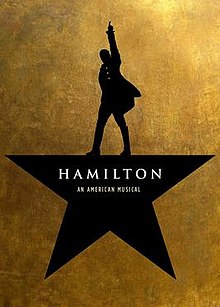
HIS 434: "Hamilton's America: Gender and Race in the Revolutionary Era"
11006 434-01 ONLINE asynchronous (seats reserved for BA online students)
14564 434-02 ONLINE asynchronous
Mandy Cooper
The Broadway musical "Hamilton" has popularized study of Alexander Hamilton and the rapidly changing world in which he lived. Yet, it has also raised questions regarding the central ideas, acts, and figures of the founding of the United States. This class focuses on a central question in the history of the American Revolution: "a revolution for whom?" We will move beyond the Founders to examine the Revolution from the perspective of women, Native Americans, African Americans, and loyalists, beginning in the late colonial period and continuing through the early American Republic. Finally, we’ll examine the stories that we continue to tell of the American Revolution, questioning who takes center stage in those stories—and why that matters.
Field: United States. Crosslisted with HIS 534-01.
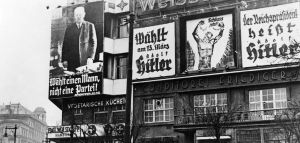
HIS 474: "Weimar Germany"
11008 TR 3:30-4:45
Teresa Walch
In the autumn of 1918, soldiers and workers rose up in revolution all across Germany at the end of the First World War. Refusing to continue fighting a war that had already been lost, they toppled the German monarchy and established a constitutional republic, the Weimar Republic. The new state guaranteed unprecedented freedoms for previously oppressed political, ethnic, religious, and sexual minorities in Germany. Many German artists, architects, musicians, actors of this era gained worldwide fame. Visitors from near and far flocked to the modern metropolis of Berlin to witness its achievements up close. But Weimar’s progressivism was not loved by all. Many Germans remained deeply bitter about the country’s defeat in the First World War, and politicians on the right inflamed these sentiments by propagating potent conspiracy theories that eroded faith in Germany's fledgling democracy. It was these tensions—between progressives and conservatives, international and national, urban and rural, promise and tragedy—that defined the Weimar Republic. At the heart of this history looms a serious question: how and why does a democracy fail? Crosslisted with HIS 574.
Field: Europe.
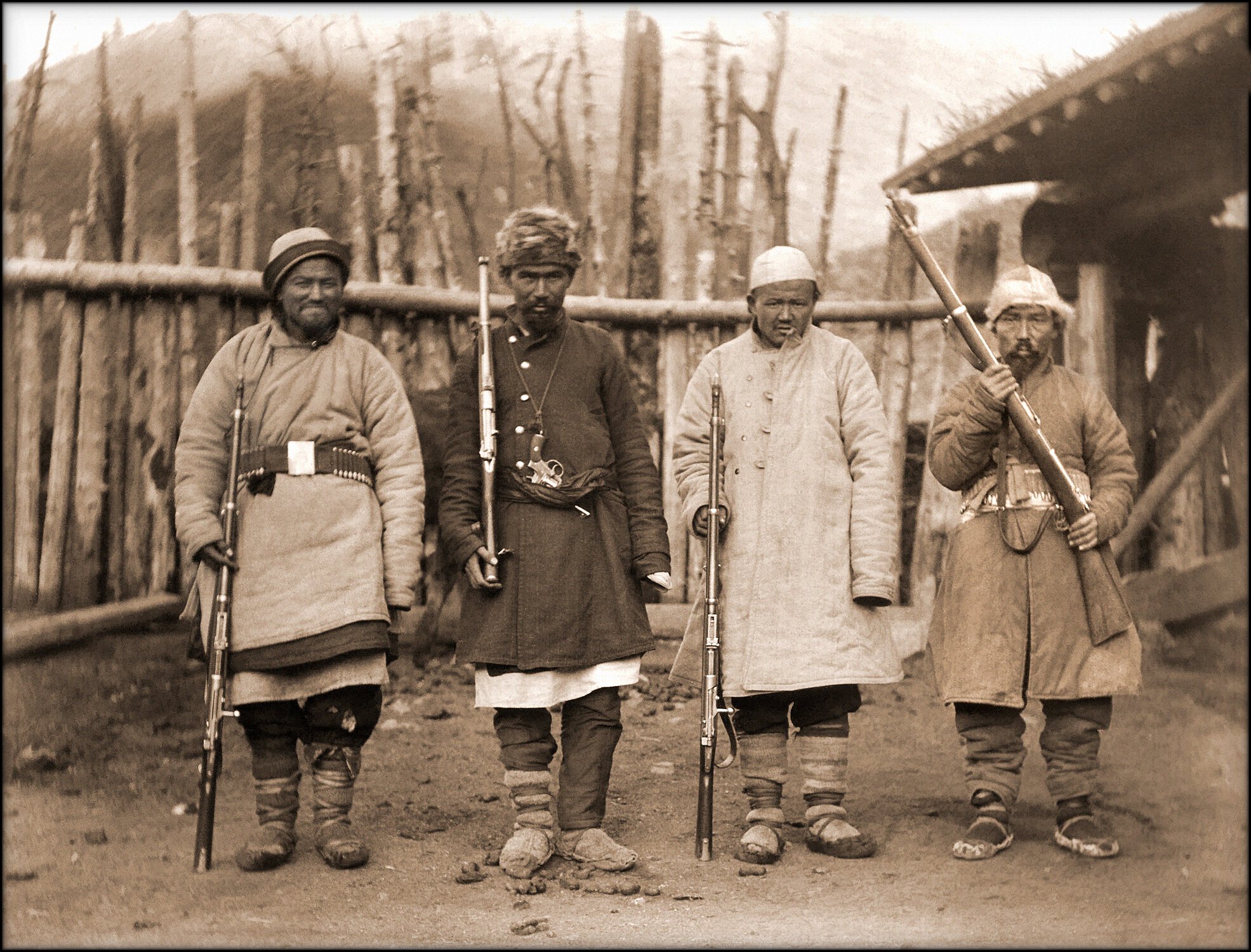
HIS 488: "Outlaws of China: Pirates, Bandits, Gangsters and Revolutionaries Since Early Modern Times"
11010 TR 12:30-1:45
James Anderson
This seminar course provides a comprehensive exploration of the fascinating and often tumultuous history of socially marginal groups (pirates, bandits, gangsters and revolutionaries) in China from the early modern period to the present day. Throughout Chinese history, these groups have played significant roles in shaping the premodern and modern Chinese state's social, political, and economic characteristics. By examining these marginalized actors’ actions, motivations, and the broader historical context, students will gain a deeper understanding of the complex dynamics that have driven social change in China. The course themes include early modern outlaws' self-identity in the shadow of Chinese state domination, the "outlaw" origins of the Chinese nationalist and Communist movements, and the Chinese government’s marginalization of borderlands ethnic groups as "outlaw" societies. This course also explores how these marginalized and often vilified figures have been represented, mythologized, and contested in Chinese culture. By examining literary texts, visual arts, films, and recent scholarship, students will gain insights into how narratives surrounding these groups have evolved and influenced the broader cultural and historical landscape of China. Crosslisted with HIS 588.
Field: Wider World
500-700 Graduate Level Courses | University Catalog | Courses